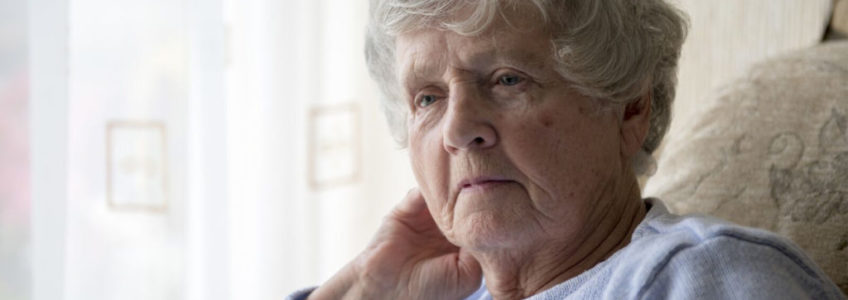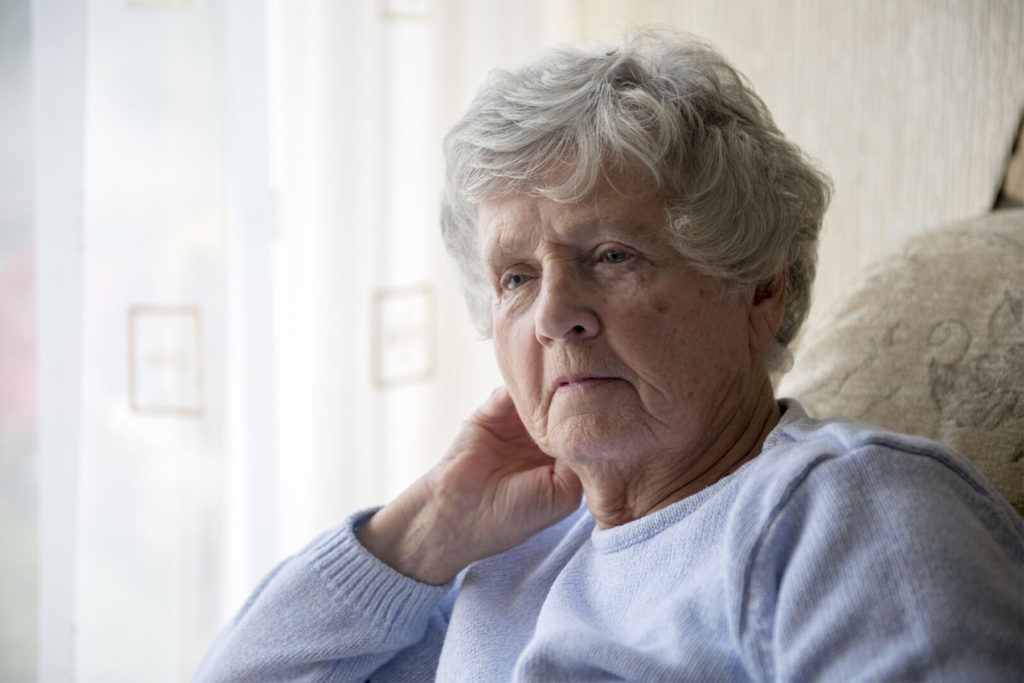
80-year-old Molly had been feeling unusually tired. She lacked the energy she once did and was having trouble getting her usual daily activities done. Normally, she liked to spend time sewing and chatting on the phone with friends and family members.

Lately, though, she spent more time sitting in front of the television and napping. Concerned with the way her mother had been acting, Molly’s son encouraged her to go to her doctor. Molly’s doctor ordered some tests and discovered that she was anemic. Her son wondered what had caused Molly’s anemia and if it could have been prevented.
Causes of Anemia
Anemia occurs when the body doesn’t have enough red blood cells to transport oxygen throughout the body. The reason an older adult develops anemia depends on the kind of anemia they have. Some kinds of anemia and their causes are:
Iron Deficiency Anemia: Iron is necessary for the creation of hemoglobin, which is what enables red blood cells to carry oxygen. This kind of anemia can happen because of blood loss, such as from an injury, ulcer, or cancer. It can also happen because of using some kinds of pain relievers regularly, which may cause inflammation in the lining of the stomach that results in blood loss.
Vitamin Deficiency Anemia: Folate and vitamin B12 are also important to the production of healthy red blood cells. Seniors who don’t eat a diet that includes enough of these nutrients may develop anemia.
Anemia of Inflammation: Some diseases can keep the body from creating adequate red blood cells. Diseases that may interfere with red blood cell production include some kinds of cancer, HIV, rheumatoid arthritis, and kidney disease.
Sickle Cell Anemia: Sickle cell anemia is an inherited disease in which the body produces red blood cells that are abnormally shaped. The cells don’t live as long as they should, which means there is a shortage of red blood cells in the body.
Symptoms of Anemia
The symptoms of anemia can vary according to the kind of anemia the older adult has. However, some common symptoms of anemia are:
- Weakness.
- Fatigue.
- Skin that looks pale or yellowish.
- Feeling short of breath.
- Irregular heartbeat.
- Dizziness.
- Pain in the chest.
- Cold hands and feet.
- Headaches.
If your older family member has anemia, an elder care provider can help them to manage the condition. An elder care provider can prepare meals that support the production of healthy red blood cells, ensuring they include the necessary vitamins and enough iron. An elder care provider can also remind the older adult to take medications prescribed by the doctor as well as any supplements they suggest.

